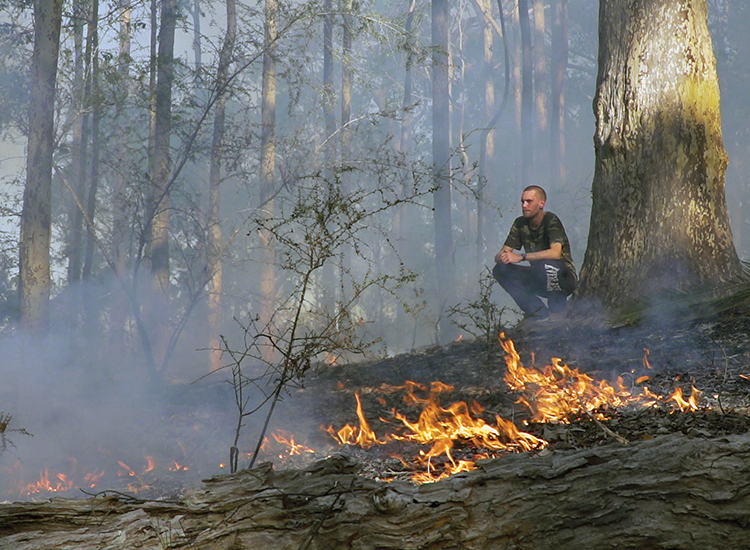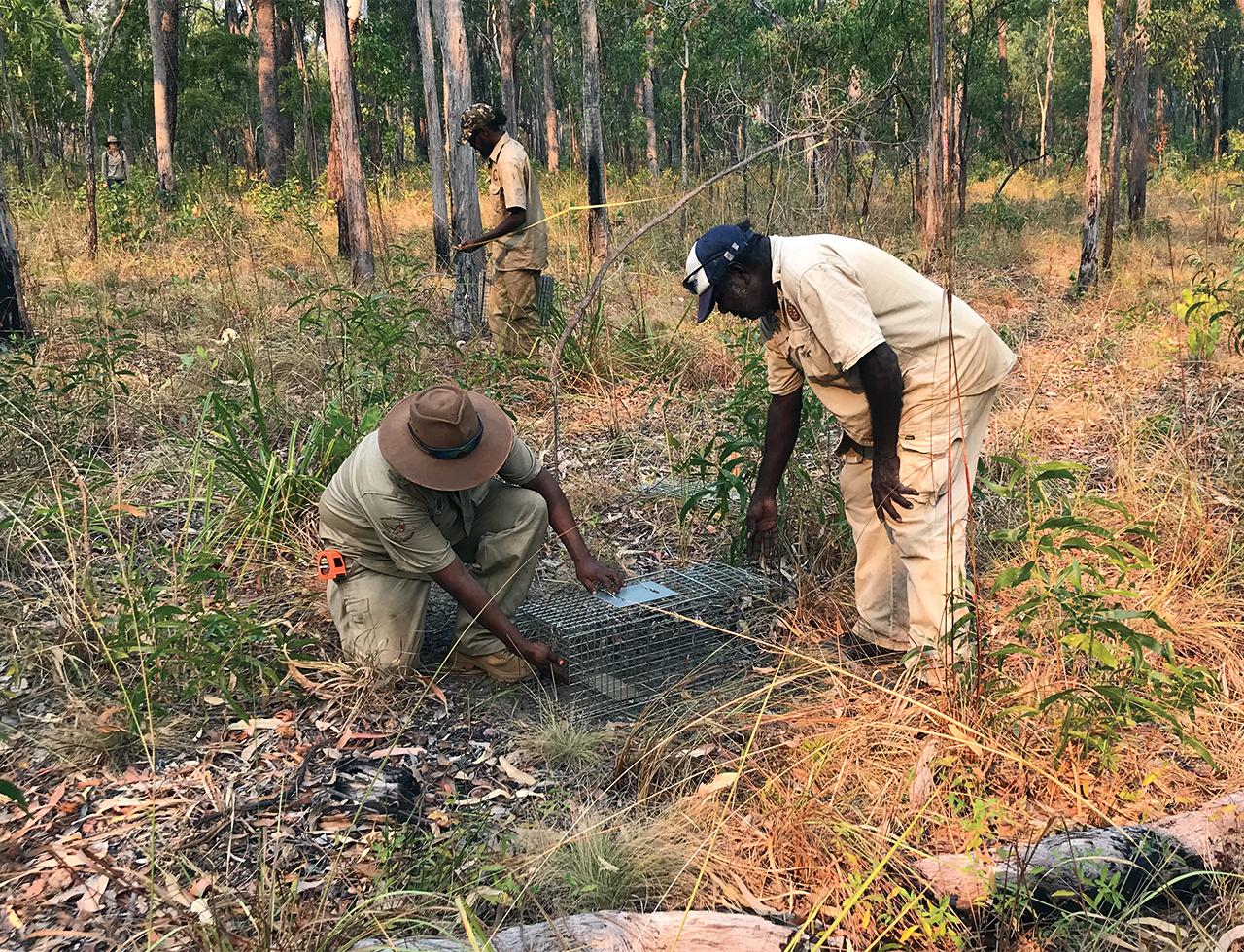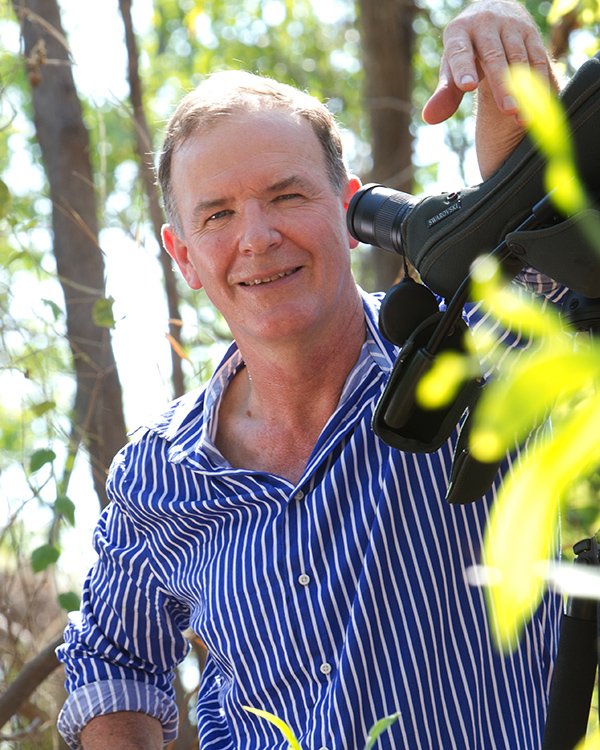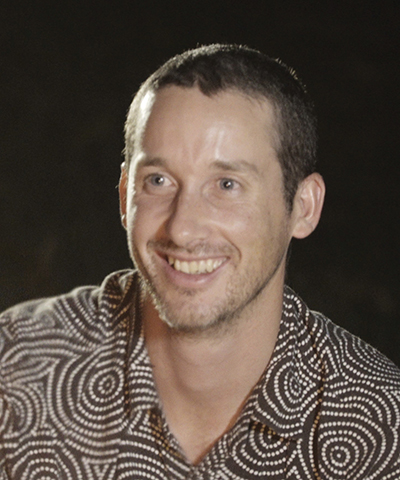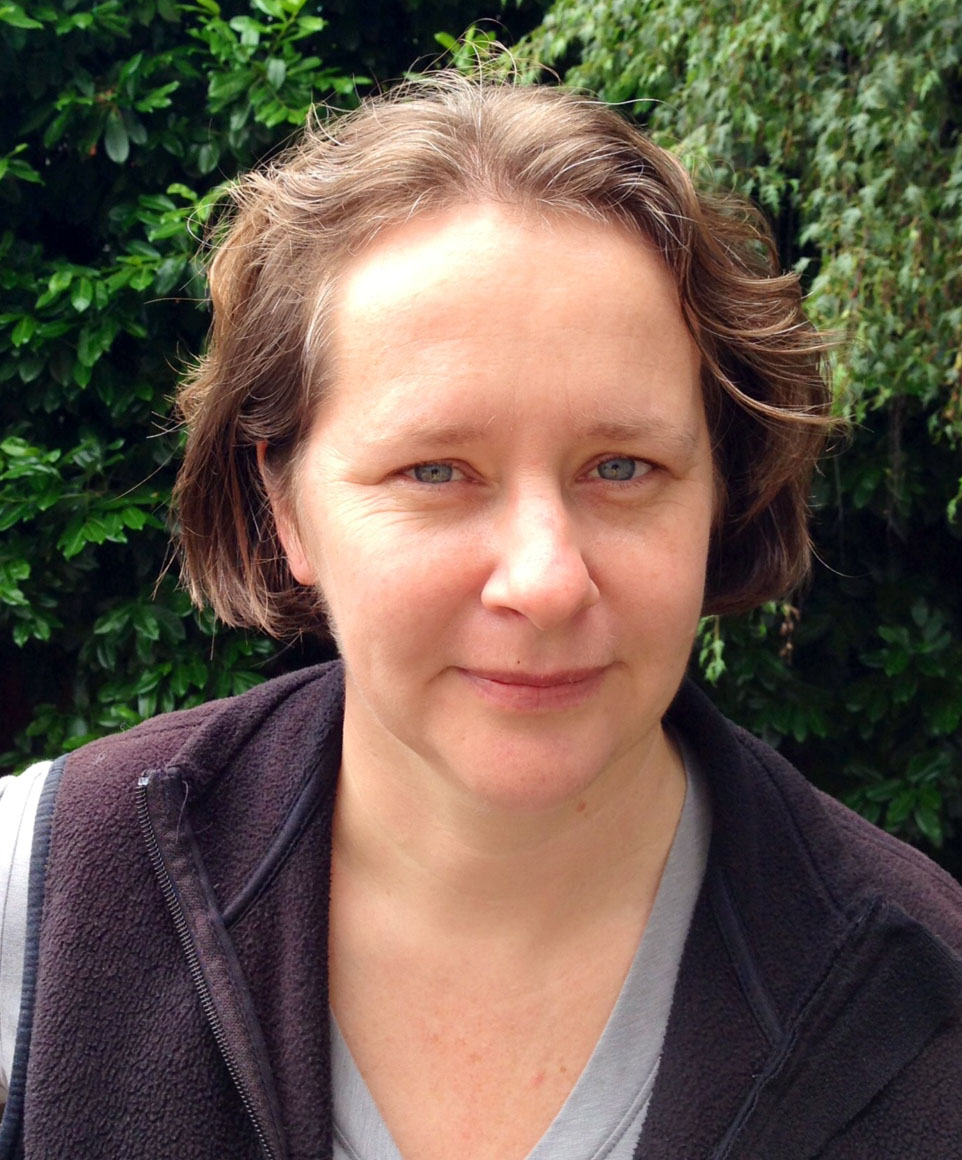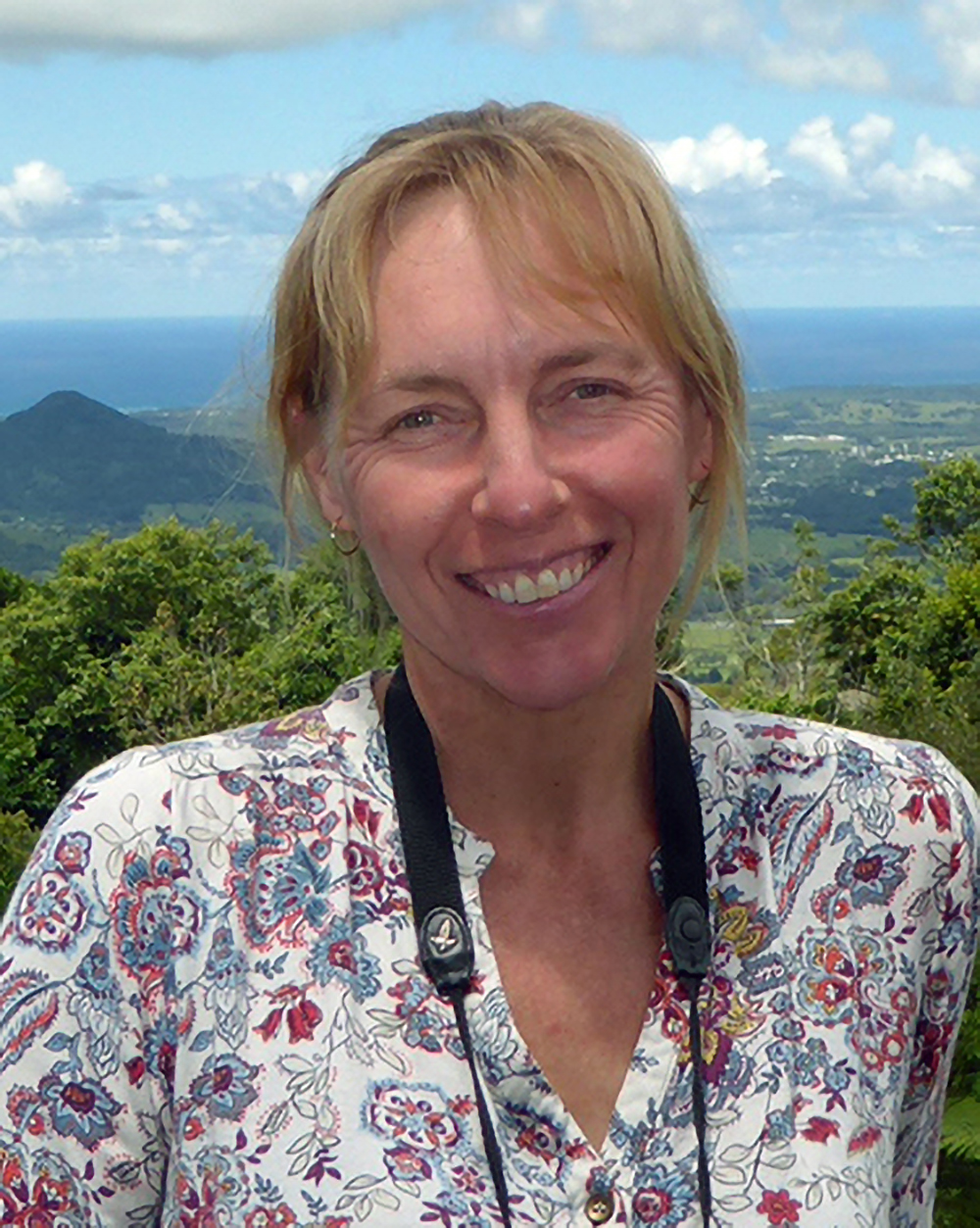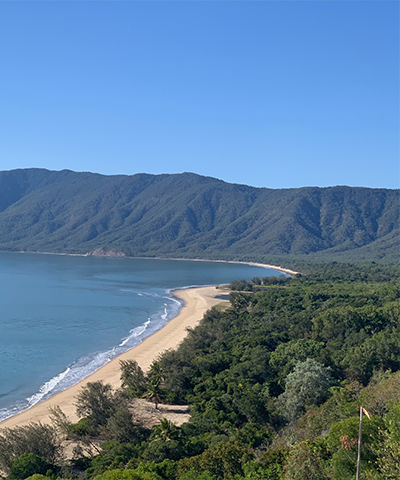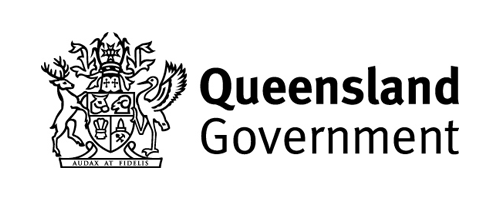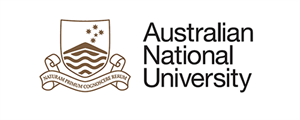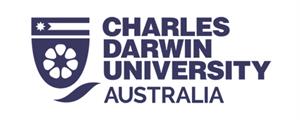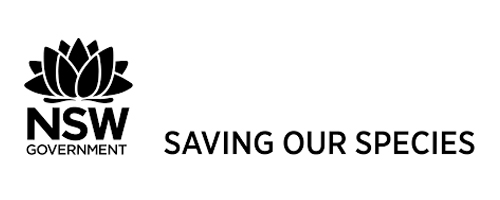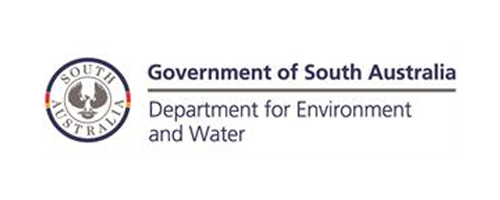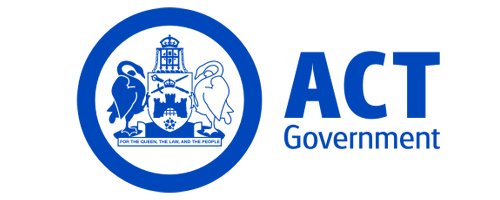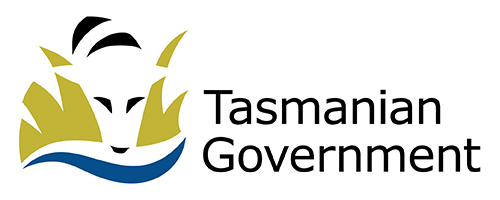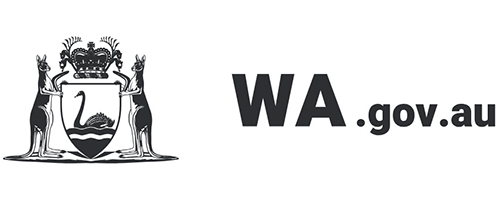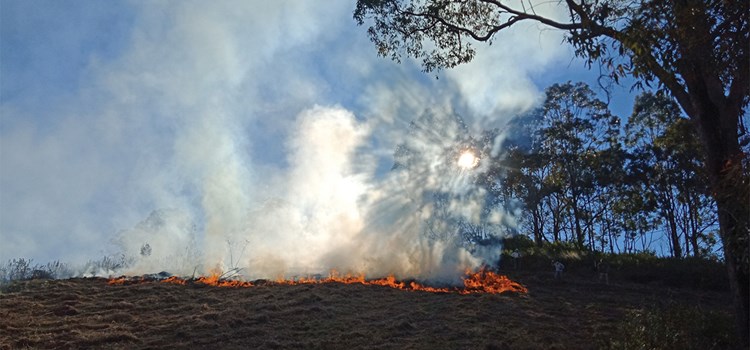
Project: 8.2.1
Indigenous aspirations and capacity for bushfire response
Project Leaders: Stephen Garnett , Oliver Costello , Catherine Robinson
Research in Brief
Many Indigenous leaders and land managers have expressed a desire to lead and participate in cultural burning that is authorised by the Traditional Owners of that Country, for protection of cultural and natural assets, fuel reduction, regeneration and management of significant flora and fauna habitat. This project will help to identify some practical measures that can enable Indigenous leadership in future cultural burning and land management in southern regions of Australia. Indigenous cultural burning leaders and practitioners will be asked what resources, capability and institutional pathways are needed to empower Traditional Owners and fire practitioners to be involved in fire management decisions and activities. The result will be recommendations on how to match Indigenous aspirations with fire management needs, both before and after major fire events.
Why is the research needed?
Indigenous people and cultural burning are key to delivering practical measures in relation to Indigenous land management and bushfires in Australia. A plethora of diverse cross-cultural fire management partnerships now exist across different tenures and across the nation. This includes landscape burning partnerships with Indigenous people in the forest country of southern Australia who have retained a connection to Country and have a desire to look after it and the culturally significant species that occur there. Yet recent wildfires during 2019–20 highlight the urgency of identifying and resourcing practical ways to increase support for Indigenous burning activities. More needs to be done to empower local Indigenous leaders to design pathways to apply Indigenous cultural burning and bushfire recovery activities to prepare, respond, recover, rebuild and prosper in the face of increasingly frequent and severe bushfires. The project team will work with local Indigenous leaders and fire practitioners to identify current opportunities and impediments to Indigenous involvement in bushfire response in southern states of Australia and suggest practical measures to resolve them. These measures will focus on Indigenous-led cultural burning approaches that enable Indigenous groups to apply Indigenous knowledge and land management practices to care for significant species and areas as part of bushfire management and recovery efforts, and deliver environmental, cultural and commercial gains for both landowners and the Indigenous people employed.
How will the research help?
Many Indigenous people have expressed a desire to become far more closely involved in fire management within the area burnt in south-eastern Australia during 2019–20, particularly to protect significant species from fire and help recovery afterwards. As the Indigenous Reference Group of the NESP Threatened Species Recovery Hub emphasised in their submission to the EPBC Act Review, for Indigenous Australians, Country owns people and every aspect of life is connected to it; it is much more than just a place. Indigenous Australians attributed tremendous spiritual, cultural or symbolic value to many animals, plants and ecological communities (and landscape/seascapes), a value that is critical in their relationship with and adaptation to Country. The protection of these cultural and spiritual assets is fundamentally important to maintaining Indigenous culture and knowledge.
This project will develop a set of short-term goals for immediate support that will increase Indigenous capacity and empower Traditional Owners to undertake cultural burning. Longer-term objectives will also be identified to establish a broader framework for cultural burning partnerships in southern regions of Australia. The result will be recommendations on how to match Indigenous aspirations with fire management needs, both before and after major fire events.
What research activities are being undertaken?
The project team will undertake a phone survey and/or online workshops with interested Indigenous ranger and fire management groups in southern Australia that are actively engaged in responding to the 2019–20 wildfires. Extensive notes will be taken, and transcripts will be checked by interviewees. We will then analyse transcripts to identify major themes for each of the following issues:
- aspirations for cultural burning activities in active Indigenous
fire management groups - experience with cultural burning and other fire management activities up to the time of the last fires
- what happened during and immediately after the fires, in terms of engagement with fire response activities and partners
- practical short- and long-term measures that might support Indigenous cultural burning and other fire management activities and partnerships in the future.
Recommendations will be made on short- and long-term measures that can empower Indigenous leadership and engagement in forest fire management in southern regions of Australia, including, where possible, both general and specific recommendations for different groups with different aspirations and capacity.
Who is involved?
Oliver Costello is a Bundjalung man and NESP Threatened Species Recovery Hub Indigenous Steering Committee member, and will work with researchers from CSIRO, Charles Darwin University and The University of Queensland. The team will partner with representatives on the Bushfire Recovery Expert Panel from state and territory agencies, as well as state/territory fire services, parks agencies and natural resource managers. Indigenous fire practitioners who are engaged in cultural burning and other fire management activities will also be involved in the project and will be asked to share their perspectives and insights on measures that can empower Indigenous leadership and engagement in forest fire management in southern regions of Australia.
Where is the research happening?
Research will largely be carried out by phone interview and online workshops, given current constraints on travel due to COVID-19. Interviewees will be Indigenous Ranger and Traditional Owner groups who are actively participating in cultural burning, as well as other related fire and land management activities in forested areas in southern regions of Australia.
When is the research happening?
The project will run from January 2020 to June in 2021.
Further information
For more information please contact:
Cathy Robinson - catherine.robinson@csiro.au
Top image: Indigenous people and cultural burning are key to bushfire management in Australia. Image: Oliver Costello
